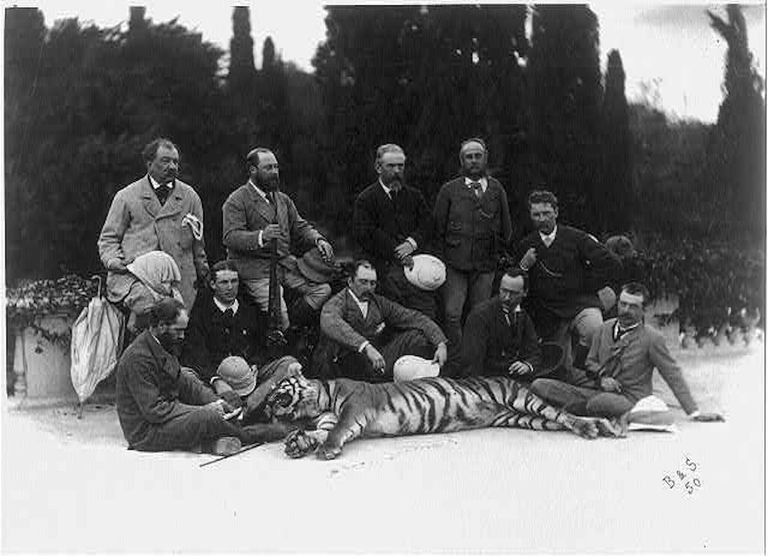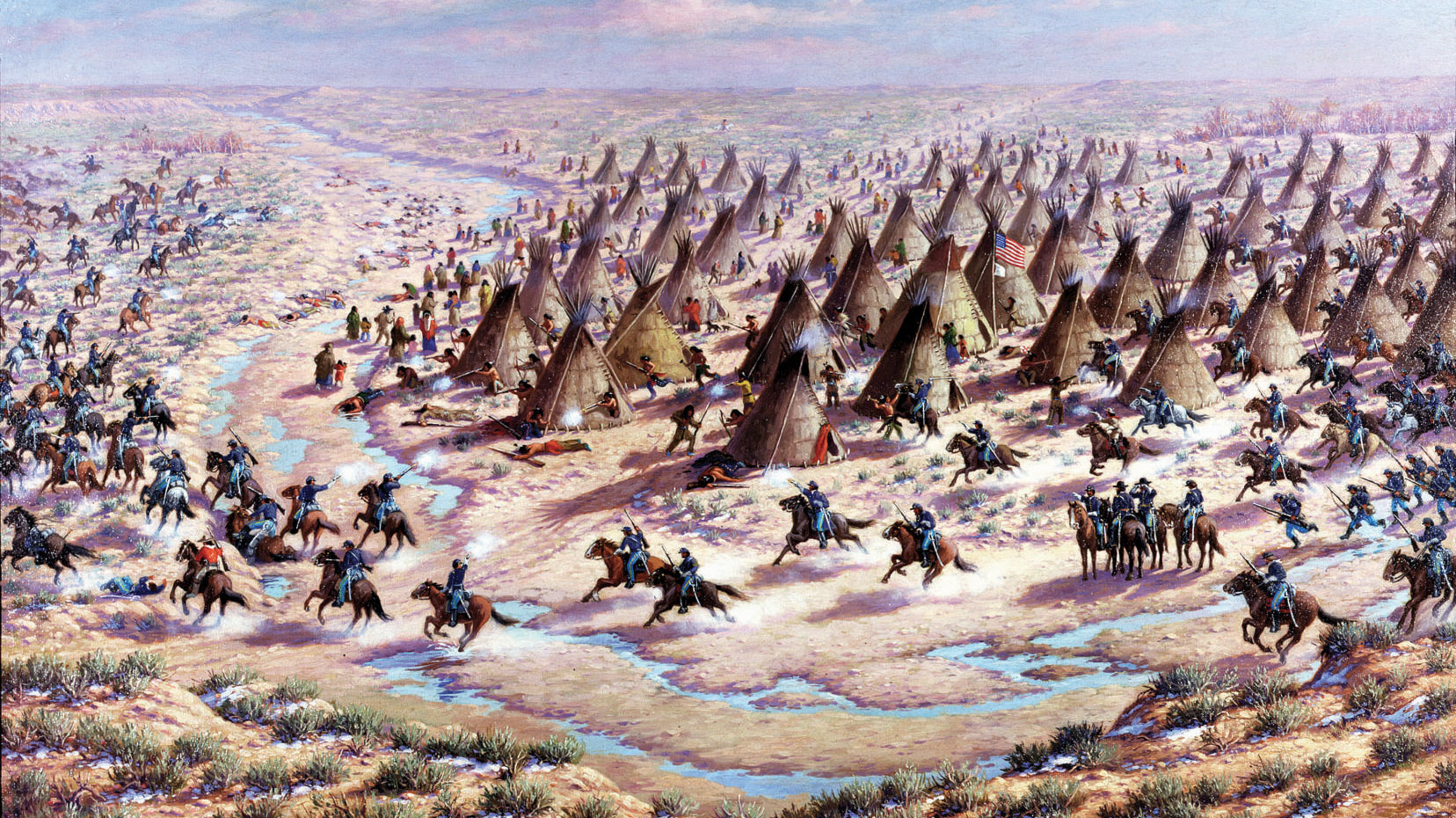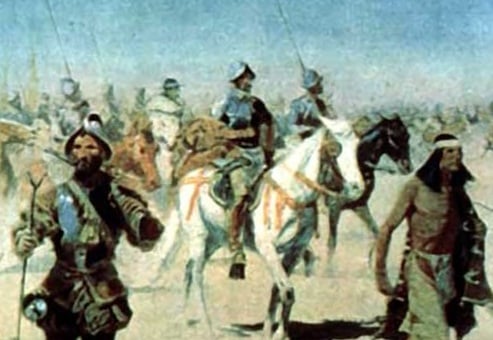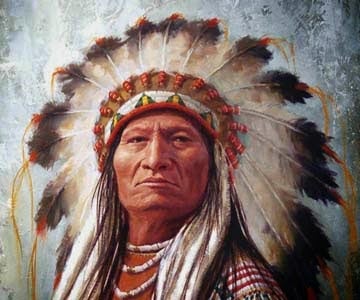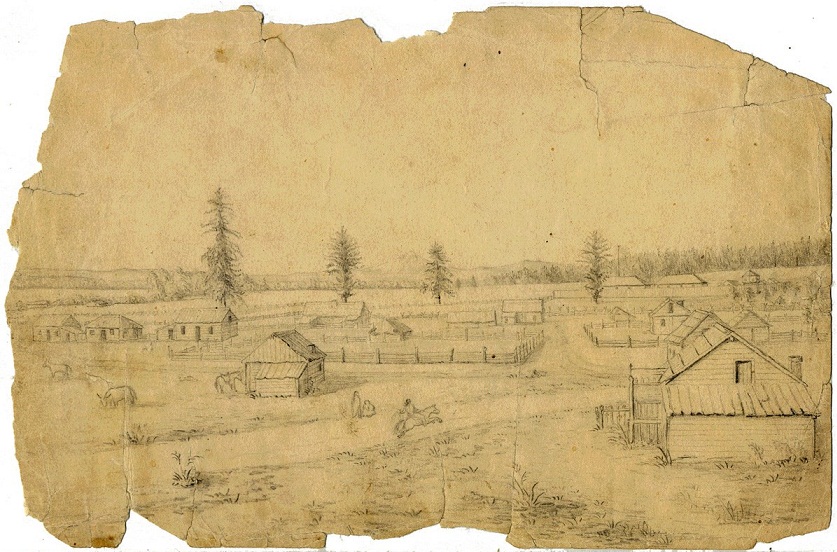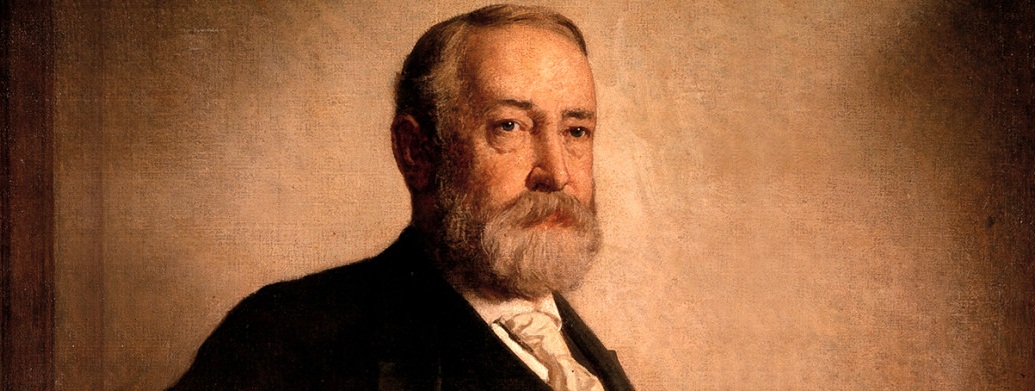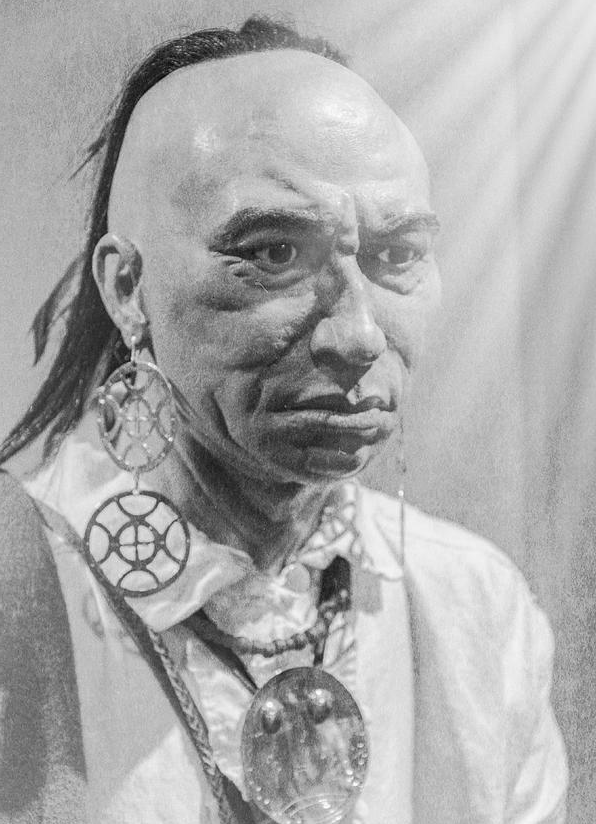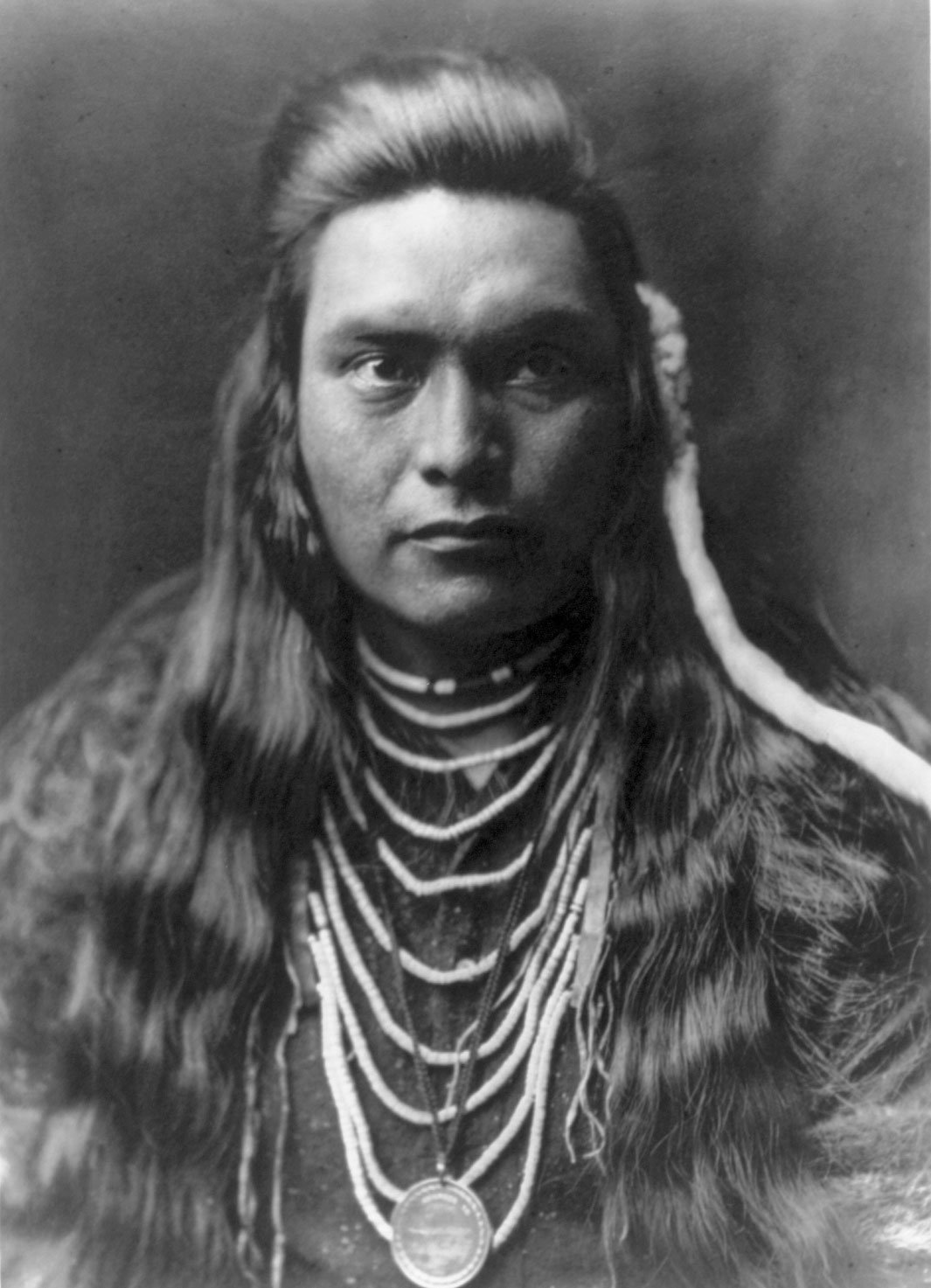1764
Two hundred and fifty years ago, in 1764, many of the Indian nations of North America had not yet had direct contact with the European colonial powers who were claiming the “God-given” right to rule them. Indirectly, however, most of the Indian nations had already been impacted by European manufactured goods and by European diseases. … Continued
